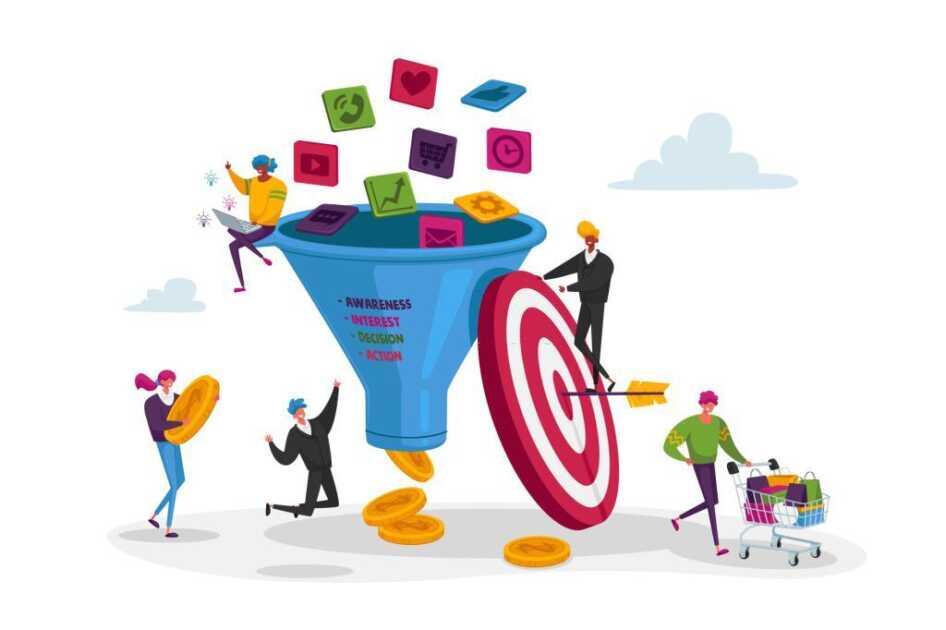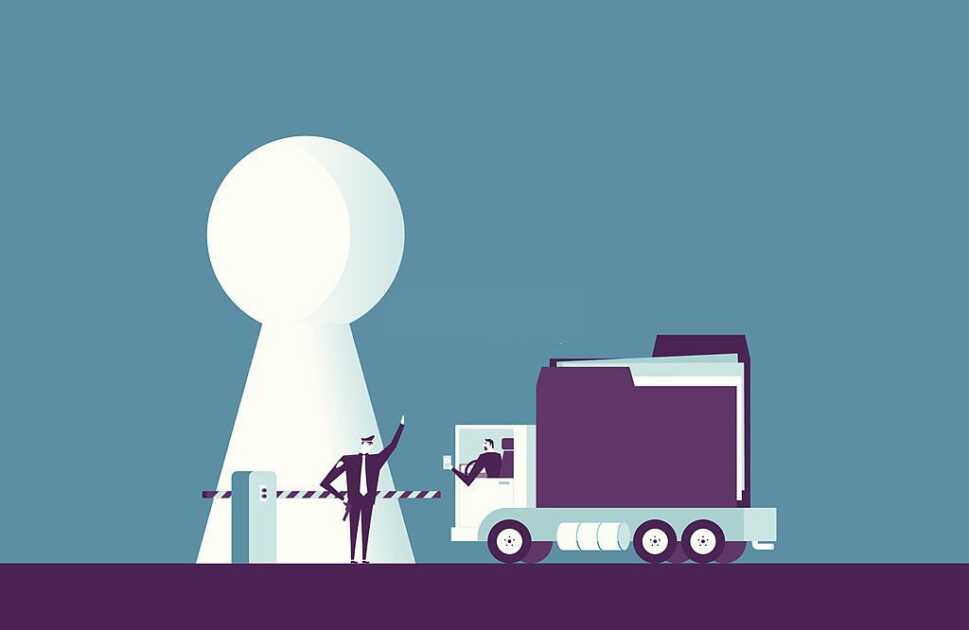The motives of holding cash are simple. Sometimes the amount of income your business brings in and the expenses you incur at any given time can vary considerably.
To help with this, ensure you’re always saving up just a little bit of extra cash for when things get bumpy (which they will likely!).
Don’t let unexpected events put your company or your pocket in the wrong position – try to plan as much as possible!
1. Transaction Motive:
Businesses and individuals keep cash on hand to pay their bills as they come due. It’s essential to be prepared with enough money to meet obligations when they arise, which is why you need to plan.


The best way for a business or person to have enough cash is by setting aside some money early to pay for the things that will soon be needed, for example, making purchases of goods and services, paying taxes or maintenance costs, etc.
Cash outflows may be met out of cash inflows, for example, in a sales transaction arising out of cash sales. The mix may not be perfect, however, as there is a need to maintain some cash and stick to cash budgeting at all times to pay bills and respond to unexpected situations or emergencies.
It is important to note that cash flows can easily vary as each firm will have varying revenue and expenses over time. For this reason, it is best practice to set minimum amounts where necessary so firms don’t suddenly find themselves without sufficient funds when they need them the most. Keeping extra money on hand that you do not need is known as a liquidity motive for holding cash.
2. Precautionary Motive:
The precautionary motive for holding cash is based on a need or desire to maintain sufficient money in reserve as a buffer against an unexpected event. Suppose you want your firm to be ready to face any unforeseen circumstances that may arise in the future.


In that case, you must have more money than is usually required for day-to-day transactions. This ensures that if any unforeseen situation does happen, your company will have the necessary funds to get through the problem without needing external financing.
Total cash held by a company is strongly affected by the business cycle. It rises when sales are booming because of temporary increases in working capital and inventories, investment opportunities, and profitability—total cash declines as sales volume increases during the boom.
Return from investments is not only low but also uncertain and well within the range generated by discounted cash flows. Both market conditions and industry structure affect the volatility of cash flows from operations, operating efficiency, and the firm’s capacity to generate positive cash flow regardless of the momentary state of its competitive environment.
Suppose a firm’s ability to monitor changing industry conditions & act accordingly has increased. In that case, companies have significantly more flexibility regarding the timing of new investments & internal resource allocation needed for expansion projects with unpredictable timelines like R&D or building additional capacity such as making new machines/plants, etc.
3. Speculative Motive:
Cash is meant to be held to make a profit. It can be used as an investment or a way of gaining money. A firm can have even a tiny sum of cash for speculation. For example: If there is an unexpected opportunity for profit by selling off the surplus inventory being held, then the need to keep cash balances would be speculative.


The motive to keep some cash on hand to capitalize on an opportunity to make an unexpected profit is an element of speculation. Scenarios, where this might happen, are:
* Reduced price paid out to workers through salary cuts
* Banks having reserves placed with them due to liabilities (e.g., deposits) that come due at certain intervals.
4. Future Requirements:
The cash balances are held to meet future obligations like tax payment of dividends and even the purchase of fixed assets. However, the unused portions of cash balances can also be used to invest or buy back stocks!


Money and how you deal with it are crucial to any small business, especially if you’re looking to expand at some point down the road. Many people think it’s easy to accumulate cash just by having an abundance of sales. However, they don’t realize that sometimes even having a lot to spare doesn’t always mean more opportunities will appear.
5. Compensating Balances:
Commercial banks require a minimum cash balance to be maintained on current accounts because they earn money each time this amount is exceeded in terms of transaction charges. This allows the bank to use the excess cash to invest in their own company.


To maintain a current account, the firm must keep a minimum amount; therefore, the bank offers interest or compounding, which motivates firms to hold onto cash.
Out of different motives, the transaction motive is one of the most obvious and is found in every firm. Even the precautionary motive is common, and a firm keeps a cash balance for both transactions and the prudent motive. However, the speculative reason is subjective and may vary from one firm to another.
Generally, the theoretical explanation is the least essential component of a firm’s preference for liquidity. The transaction & precautionary motives account for most of the reasons why companies hold cash balances.
Cash as an asset class usually lies dormant and does not generate an explicit monetary return. The only costs involved with money are the opportunity costs of earning less interest or being able to make different investments that might perhaps yield a greater return.
However, there is no direct cost associated with holding current cash unless it becomes obsolete in some way and has to be reissued in the future.











Greetings! Very useful advice within this article! It is the little changes that produce the most significant changes. Thanks for sharing!